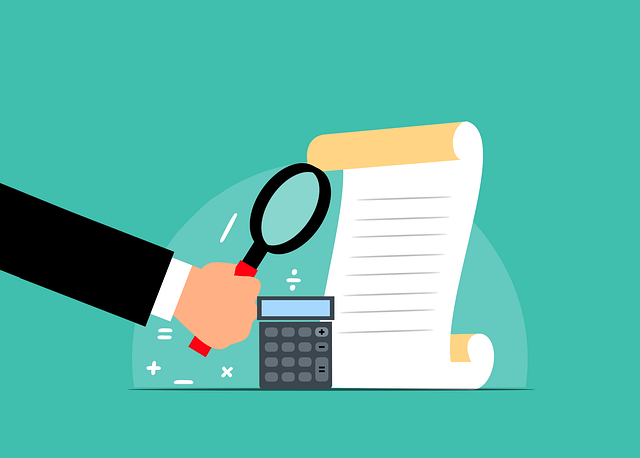Property tax assessment is a critical aspect of real estate ownership, using market trends, property features, location, and comparable sales data to determine annual financial obligations. Local factors include size, age, condition, upgrades, and neighborhood desirability. Understanding this process is essential for investors and homeowners to ensure fair taxation, protect investments, and maintain property financial health. By staying informed about local practices, maintaining properties, and understanding tax laws, stakeholders can manage burdens and optimize their real estate assets' economic worth.
Discover how to accurately determine a property’s annual tax liability in our comprehensive guide. Learn the ins and outs of real estate taxation, from understanding property assessment methods to mastering calculation techniques. Explore effective strategies for managing and potentially reducing your tax burden. Whether you’re an owner or investor, this article equips you with essential knowledge to navigate the complex world of property taxes in the real estate market.
Understanding Property Tax Assessment

Property tax assessment is a crucial aspect of owning real estate, as it determines the annual financial burden on property owners. This process involves evaluating and assigning a value to a piece of property, which directly correlates with the tax liability. Assessed values are typically based on market trends, property features, location, and comparable sales data. Local tax assessments often consider factors such as the size and age of the property, its condition, any upgrades or renovations made, and the overall desirability of the neighborhood.
Understanding how property taxes are assessed is essential for real estate investors and homeowners alike. It’s important to stay informed about local assessment practices and appeal processes, as these can vary widely from one jurisdiction to another. By staying knowledgeable, individuals can ensure they’re paying their fair share of taxes while also protecting their investment or ensuring the financial health of their homeownership.
Calculating Annual Tax Liability: Factors and Methods

Calculating a property’s annual tax liability involves several factors and methods that can vary based on location and specific real estate characteristics. Property taxes are determined by local governments and are often calculated as a percentage of the assessed value of a property. This assessed value is typically based on market value, considering elements like size, location, amenities, and age of the property. Tax rates differ across regions, with some areas having higher tax assessments than others.
Various methods are employed to assess properties accurately. One common approach is the sales comparison method, where recent sales prices of similar properties in the vicinity are analyzed to determine a reasonable market value. Another method is cost-based assessment, which estimates a property’s worth based on the cost to replace or rebuild it. Additionally, income generation properties are valued according to their potential rental income and cash flow. These methodologies ensure that property taxes reflect the true economic value of each real estate asset.
Strategies to Reduce and Manage Property Tax Burden

Many homeowners and real estate investors seek ways to reduce their property tax burden, which can significantly impact their financial health. One effective strategy is staying informed about local assessment practices. Properties are usually assessed based on their market value, so keeping your real estate investment’s value in check through regular maintenance and improvements can help manage taxes. For instance, making necessary repairs, renovating, or adding features that increase the property’s desirability can impact its assessed value.
Additionally, understanding the laws and regulations regarding property taxation is crucial. Some jurisdictions offer exemptions for specific groups, such as seniors or individuals with disabilities, while others may provide relief through agricultural or homestead exemptions. Exploring these options and consulting professionals who specialize in real estate taxes can help homeowners navigate the system and take advantage of available deductions and credits.






